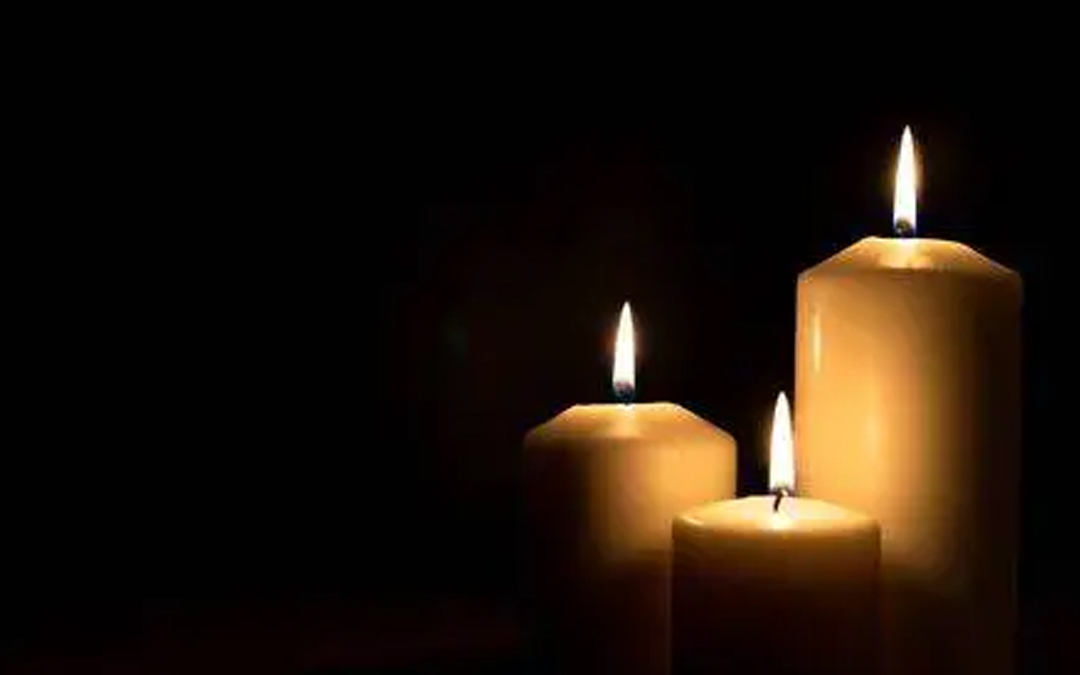A MOVING WAKE: TEARS THAT CHANGED MY LIFE
In fall of 2012, I received a distressing phone call from a friend, Josh. He’d just moved up to Alaska, and I hadn’t expected to hear from him so soon, but, from the sound of his voice, he was a wreck. Josh explained that the wife of a good friend had cancer, and it was looking terminal. He was overcome with emotion and just needed someone to talk to. We were all so young back then — I was still at the University of Minnesota working on my doctorate — and neither of us were prepared to handle loss like this.

The cancer moved faster than even doctors predicted. I still remember the chilling phone call I got from Josh a few days later. As soon as I answered, he just said, “She’s passed.” I didn’t know this family personally, but Josh was close, and I did my best to console him. Still, this was back when I thought death was reserved for the elderly. Hearing about this woman, a mother, passing so quickly in the prime of her life brought me to tears.
Josh and I had been close thanks to our shared love of music, so in his next chat with me, he asked a deeply personal favor. The bereft family had asked Josh, a musician himself, to perform the music at the funeral. He’d considered the honor but concluded he was too emotional over the loss to do it justice. So, he turned to me.
I’d never done anything quite as personal and emotionally important before. Selecting and performing the music meant to underscore a person’s entire life — that’s a lot of pressure. But I was honored Josh had the faith in me to do her memory justice, and I saw how much he needed to focus his energy on mourning. So, I accepted. “Great,” Josh told me. “The funeral’s in two days.”
I rushed to rehearse for this deeply important performance on short notice. I threw my studies aside to make sure I was as sharp as possible to honor her memory. But no amount of rehearsing could have prepared me for this experience.
As the Minister give his speech, I waited in the wings facing the mourners. That’s when I saw a little girl, the deceased’s daughter, rush the casket, trying to get to her mother. Her father scooped her up at the last second, bringing the sobbing girl back to her seat. Taking the stage, I could barely hold it together.
Experiences like that leave you with a fresh perspective. Suddenly, everything you take for granted in life comes into sharp focus. The day after the funeral, I went to professor Dean Sorenson who’d been overseeing my independent study in composition. I told him about the experience I’d had the day prior and asked him if I could write a song eulogizing this woman’s life. He gave me his blessing.
Writing such a personal song was different than anything I’d ever done. And as I wrote, my mind kept turning to that little girl, just a little older than my own son. What would her life be like? How would this change her? If she could be the one to write this song, how would it sound?
These thoughts stirred something inside me, something brewing for a long time, but finally crystalized after witnessing such a tragic event. I went to professor Sorenson and explained how much I felt driven to help kids find the magic in music. I confessed to him, “I think I want to open a music school.”
“Great,” he said. “What are you doing here?” His words took me by surprise, but he was right. I didn’t need advanced theory to be a music teacher. I should be researching business licenses, not the underpinnings of new wave jazz. “I’ll do you a favor,” Dean told me, “by asking you to drop this class.”
No major life decision can be boiled down to one moment or experience. Over the run of this newsletter, I’ve talked about many people and experiences without whom our music school would have never existed. But this moment, in the wake of a funeral, was when it all snapped together. How does a man leave a doctorate program he’s spent his adult life pursuing to become a music teacher? Easy. He realizes what he wants to live for.
–Eric Nehring
